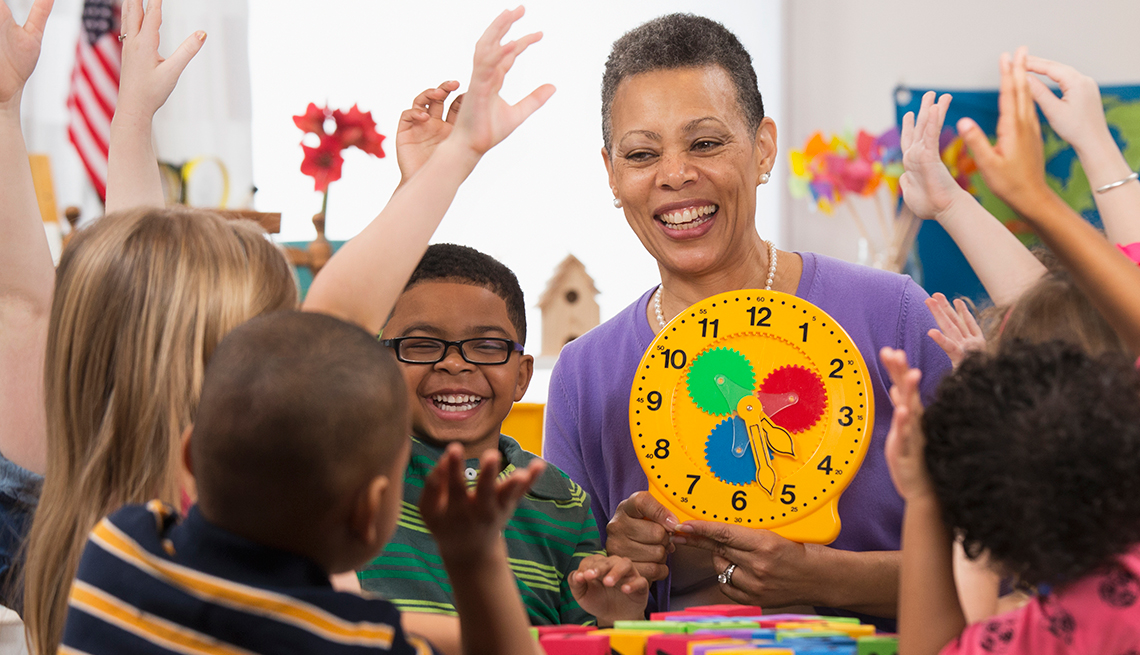Planning to Live to 100? Volunteer!

Gallery Stock
The CDC found states with a high volunteer rate have lower incidences of heart disease.
In science labs all over the world, researchers are exploring ways to delay the effects of aging and extend our years of healthy life.
Already, we’re living nearly three decades longer on average than our ancestors from a century ago. A 10-year-old child today has a 50 percent chance of living to be at least 104.
If you’re wondering what you — or your 10-year-old — might do with all that extra time on Earth, I have an idea.
Volunteer. Share your skills and your passion with others. Find a need and devote your time to filling it. It’s the closest thing to a silver bullet we have discovered for personal and societal well-being.
Most of us who have volunteered know the positive jolt of what’s been called “giver’s high.” But the benefits of contributing your talents to others go way beyond that transitory buzz.
The obvious payoff is the social good done: A littered block becomes an urban garden, the hungry are fed, or social isolation is eased, among countless other examples.
Donating one’s time to benefit others has deep individual value as well. A growing body of research tells us that those who volunteer have lower mortality rates and less depression, along with a greater sense of control over one’s life and higher rates of self-esteem and happiness. Using health and volunteering data from the U.S. Census Bureau and the Centers for Disease Control and Prevention, one report found that states with a high volunteer rate even have lower incidences of heart disease. Some studies showed that volunteers who devote about 100 hours or more per year to volunteer activities are the most likely to experience health benefits.
Findings indicate that — in general — the older the volunteer, the greater the personal benefits of volunteering.
I know from my own experience that many of us lose our sense of purpose as we transition out of a career or end our role as caregiver to a spouse or family member. Volunteering can renew that sense of purpose and prevent the social isolation that is a recognized health hazard of our later years.
I think you will find AARP is an excellent place to begin exploring your own volunteer journey. See aarp.org/volunteer for more information and resources.
Eric J. Schneidewind, President of AARP.

